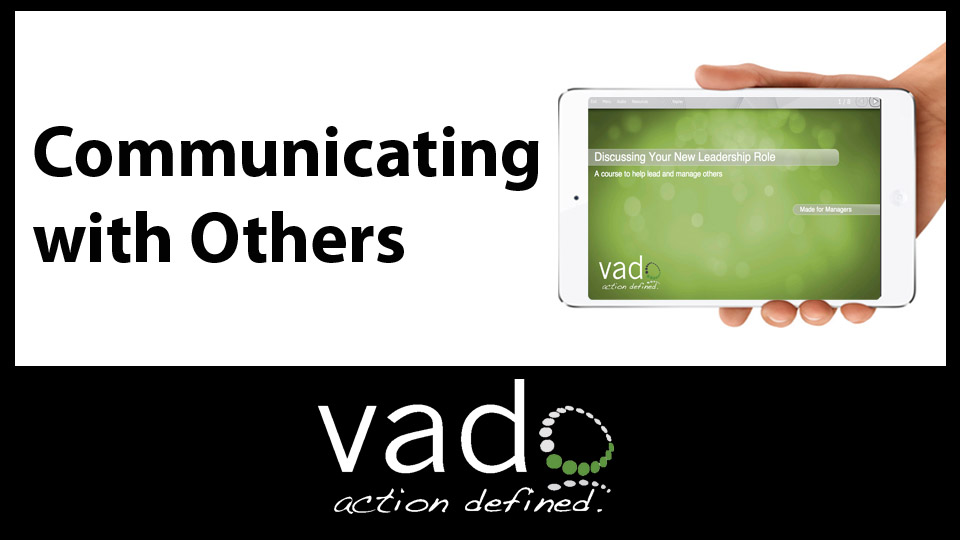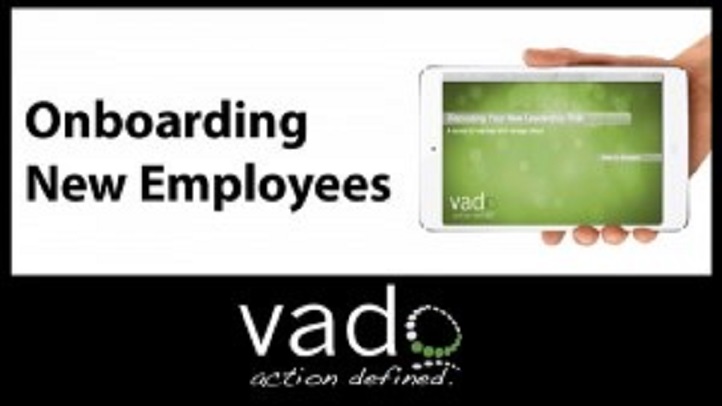Copyright © 2026 LOOP All Rights Reserved.
Retaining Your Employees: For Business and Project Management
Course Description
Employee retention is critically important with job fluidity becoming increasingly prevalent. This course will aid managers in performing the skills needed to retain employees in an organization.
Don't let your best talents and top employees slip away.
- Understanding your employees' satisfaction and their work situation to determine the factors to make them stay
- Identify skills on how to create a work-life balance for employees and how to use their best skills in their job
- Develop work autonomy in the team and create a enjoyable work situation to keep talents committed
- Learn to understand your employees and how to gain their loyalty
This course qualifies for PMI Professional Development Units (PDU).
Course Objectives
1. Talk with your employees about their overall satisfaction with the company and their work situation
2. Find out what factors will cause your employees to stay
3. Identify what is required to create a work situation that will cause each employee to stay
4. Identify who needs help getting a better balance between work and their personal life
5. Determine how an employee’s top talents are used in his or her job
6. Create the right level of work autonomy for your team
7. Identify what will create a work situation that will cause you to stay
Content
Overall Satisfaction at Work
Keeping Your Employees
Decreasing Employee Turnover
Who Needs Better Work-Life Balance?
Maximizing Employee Talents
Creating Work Autonomy
Your Own Requirements to Stay
Retaining Your Employees: For Business and Project Management
- Duration 7 hr 0 mins
- Skill level All Levels
- Languages English
- Accreditation PMI:7 PDU Hours
- Tag(s) Communication Business



